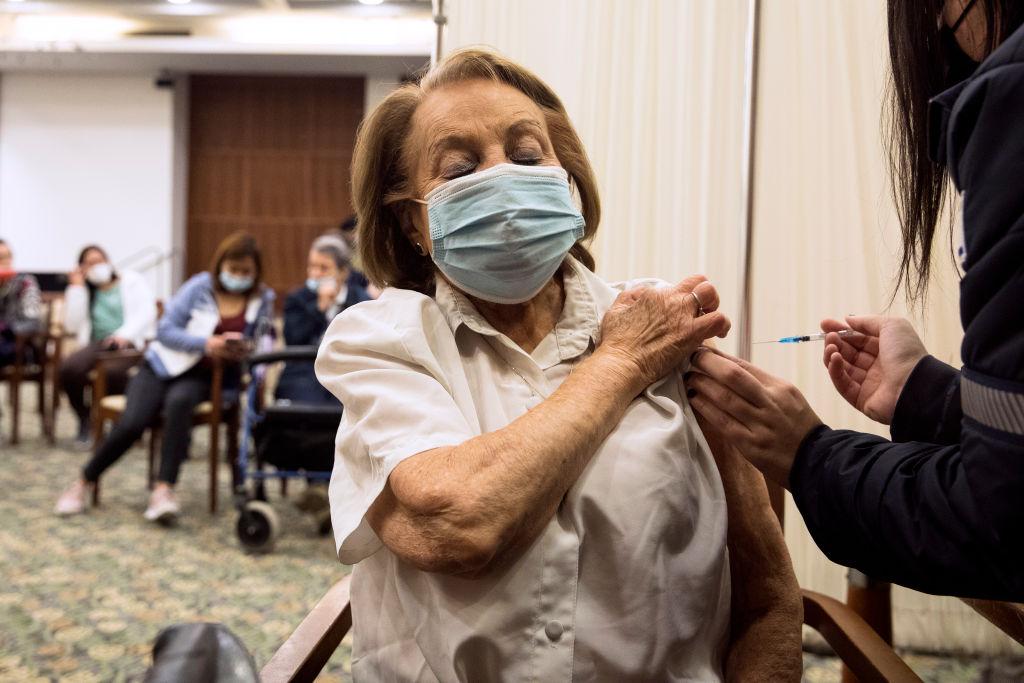The Israel Ministry of Health (MoH) declared to an Israeli court that it couldn’t find the COVID-19 vaccine agreement it signed with Pfizer, but it was found one day after a national broadcaster asked for comment.
The declaration was made during a Jerusalem District Court hearing regarding a request seeking the original, signed agreement between the State of Israel and Pfizer—the agreement that regulates the transfer of epidemiological information regarding Pfizer’s vaccine from Israel to the company.





